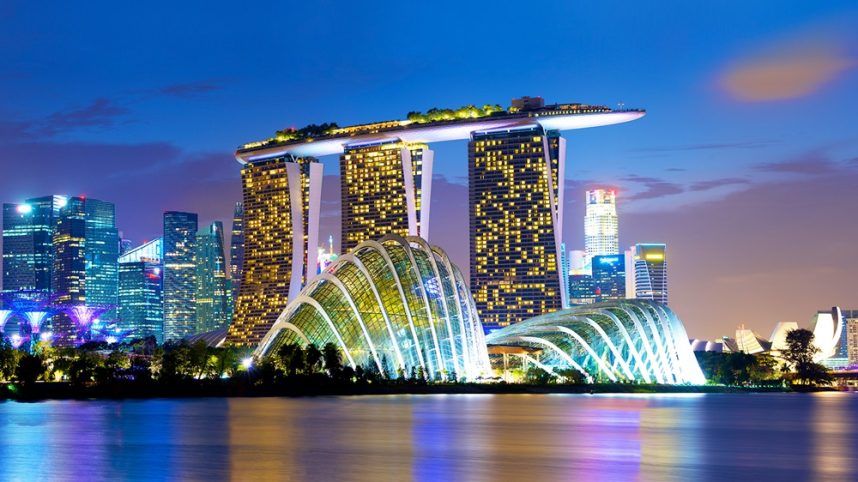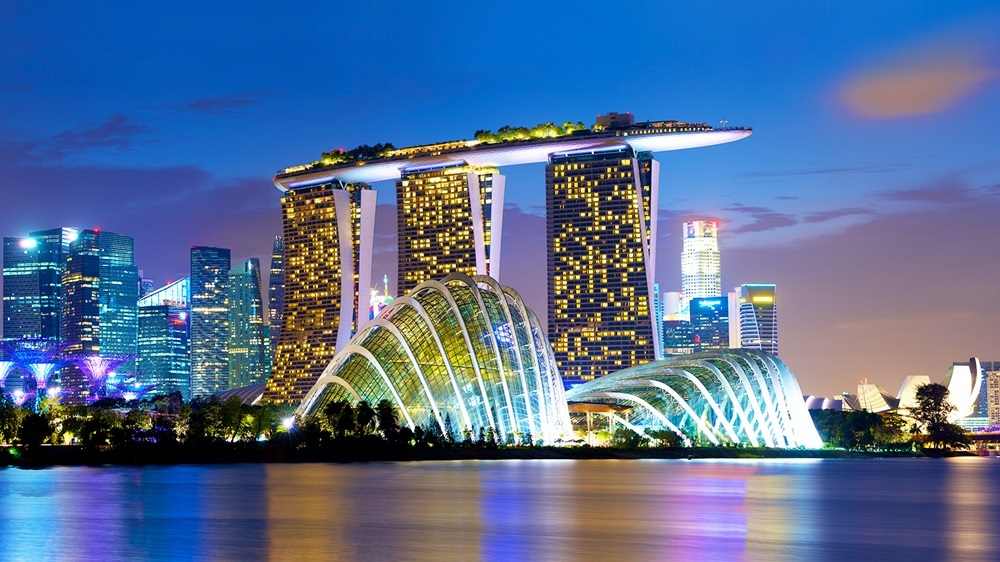Posted on: March 18, 2024, 05:12h.
Last updated on: March 19, 2024, 10:41h.
The Chinese government has warned its citizens that gambling in casinos outside of China is a violation of Chinese law.

The Chinese embassy in Singapore on Monday “solemnly reminded” Chinese nationals in the city-state that they should steer clear of gambling while abroad via a public notice on WeChat.
“Even if overseas casinos are legally opened, cross-border gambling by Chinese citizens is suspected of violating the laws of our country,” the embassy said. It added that it may not be able to provide consular protection for citizens who have broken Chinese gambling laws.
Investors Stay Calm
Singapore is home to two casino resorts, Genting’s Resorts World Sentosa and Las Vegas Sands’ Marina Bay Sands. The latter is one of the world’s most profitable casinos, largely because of the number of Chinese travelers to Singapore.
Investors in LVS and Genting Singapore appeared untroubled by the embassy’s announcement on Monday morning, and it barely registered on the company’s share prices. The return of international visitation levels to something approaching pre-Covid levels has boosted revenues at the resorts in recent months.
International visitors to Singapore jumped to a post-Covid high of 1.4 million in January, thanks to a surge in arrivals from China, according to the Singapore Tourism Board. The number of Chinese visitors swelled by more than 60% from the previous month – that’s before a mutual 30-day visa exemption was due to kick in in February.
Economic Threat
China has upped its fight against cross-border gambling over the past few years as it seeks to curb capital flight. China’s Ministry of Public Security has said that RMB1 trillion (US$145.5 billion) flows out of the mainland into gambling activities every year. The ministry described this as a “threat to the country’s economy and national security.”
China even banned TripAdvisor, probably because of the availability of casino reviews on the app.
In 2020, China’s Ministry of Culture and Tourism announced it had drawn up a blacklist of overseas gambling jurisdictions which it believed had opened casinos to target Chinese citizens. Chinese authorities have never published the list nor prohibited travel to these unknown destinations.
On Monday, the Chinese Embassy in Singapore reminded citizens that it could report those who have broken laws related to cross-border gambling via a special hotline.
“Cross-border gambling may also bring risks such as fraud, money laundering, kidnapping, detention, trafficking, and smuggling,” the embassy said in its statement.

